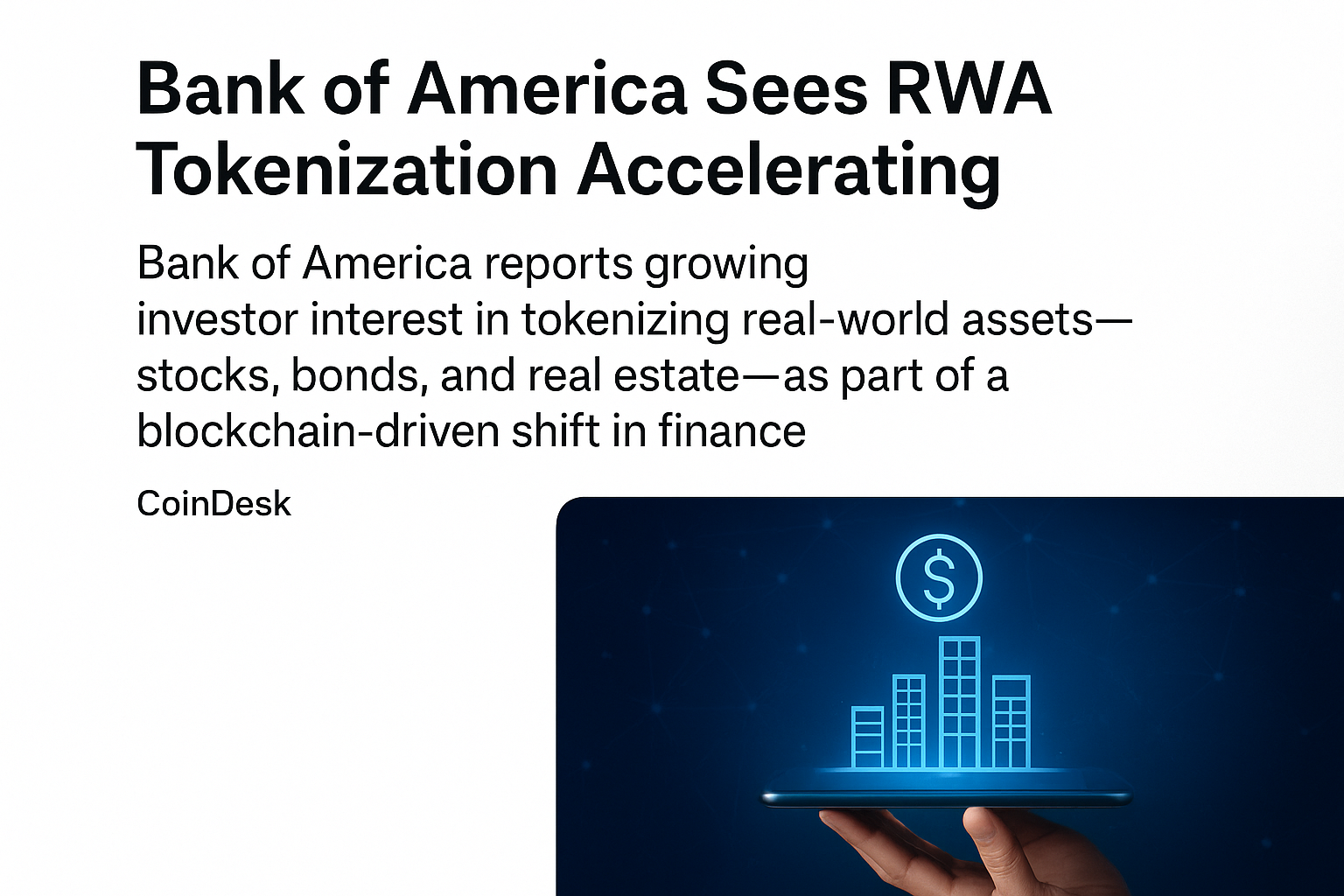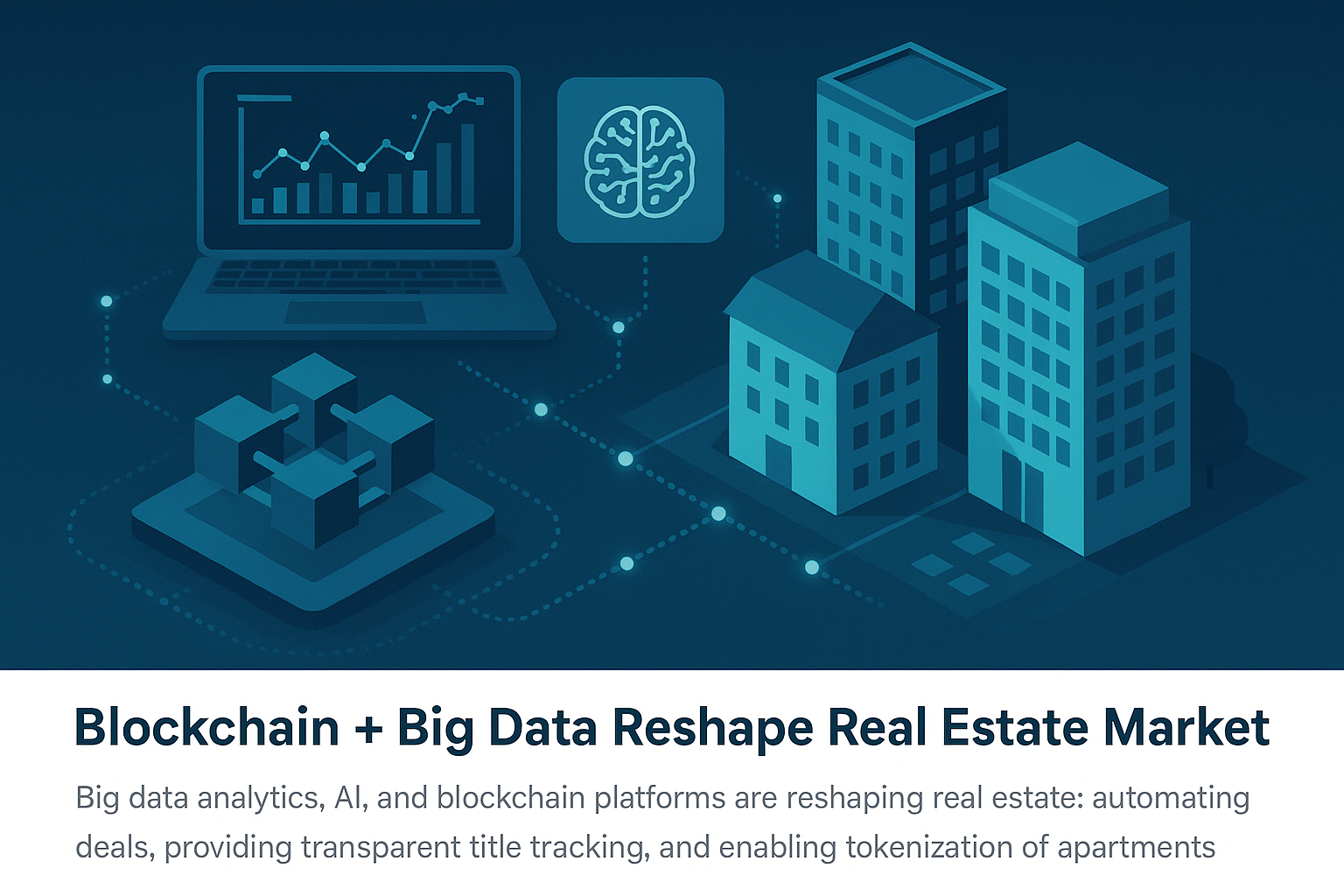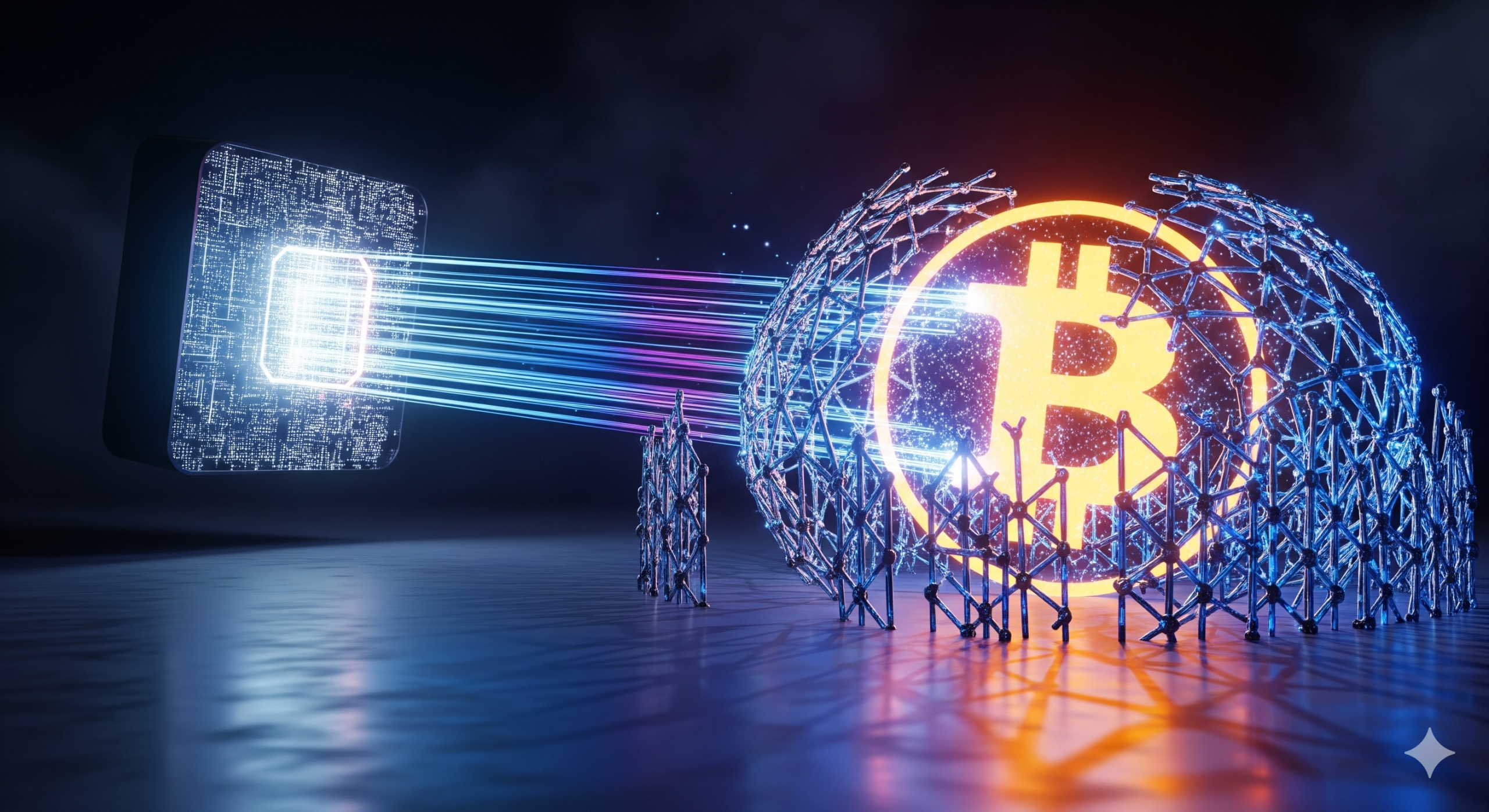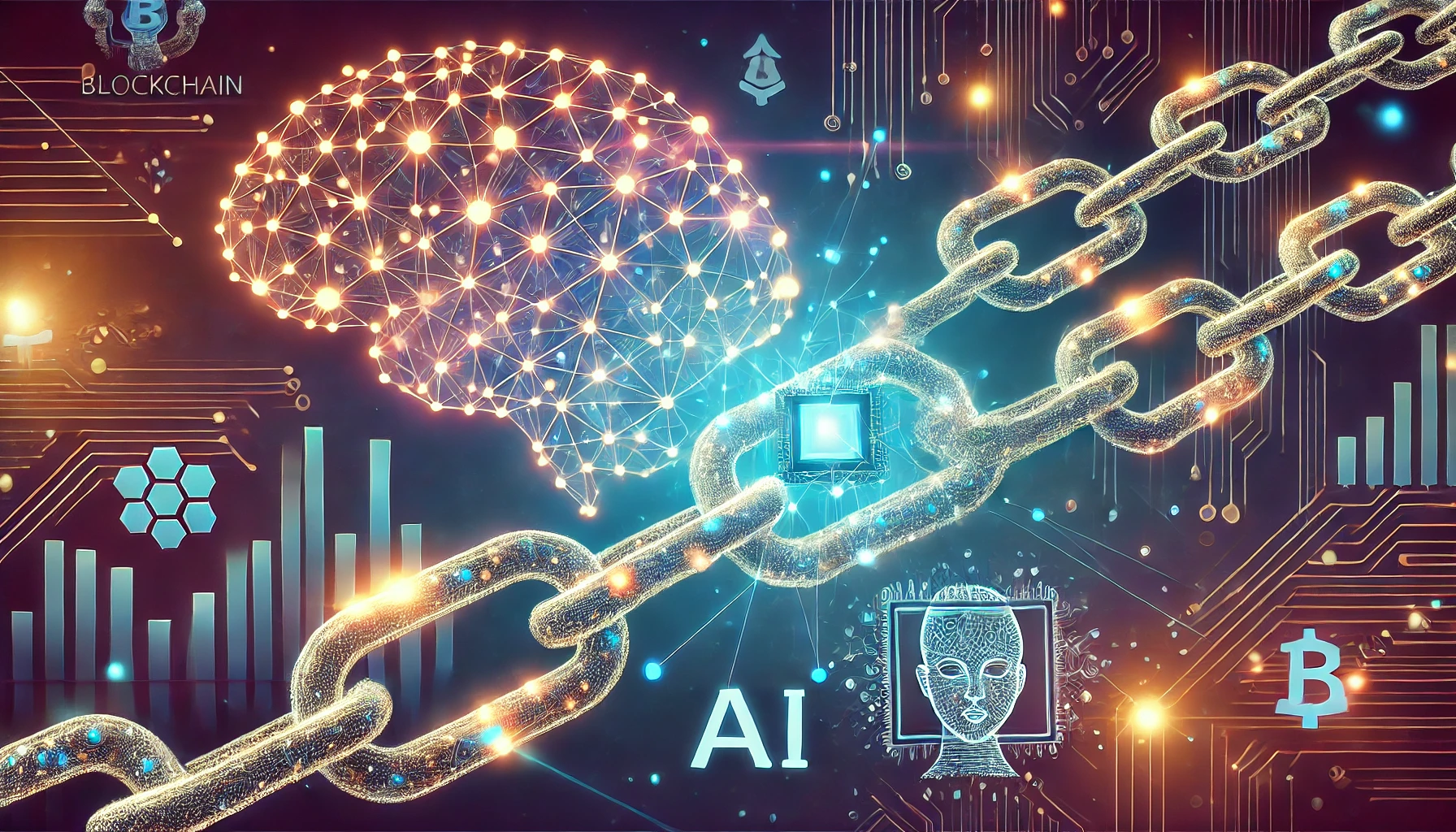The future of finance is increasingly digital — and Bank of America (BoA) believes tokenization of real-world assets (RWAs) is set to move from theory to mainstream adoption faster than many expect.
According to recent research shared by the bank, investor demand for blockchain-based representations of traditional assets — such as stocks, bonds, commodities, and real estate — is growing rapidly. This marks a significant shift in how capital markets may evolve, combining the efficiency of decentralized technology with the stability of tangible, regulated assets.
Why Tokenization Matters
Tokenization converts ownership rights to an asset into a digital token on a blockchain. These tokens can then be traded, divided, or transferred instantly — without the friction of legacy settlement systems. For institutional investors, this could mean faster transactions, 24/7 market access, and lower costs. For retail investors, it could open opportunities to own fractional shares of high-value assets that were previously inaccessible.
Bank of America’s analysts highlight that this trend is not just conceptual. Governments, regulators, and major financial players are already experimenting with large-scale projects.
A Real-World Example: Dubai’s $16 Billion Push
One standout case comes from Dubai’s Land Department, which plans to digitize and tokenize $16 billion worth of real estate by 2033. By placing property records and ownership rights on blockchain networks, Dubai aims to streamline property sales, reduce fraud, and attract global capital flows. This is just one signpost in a broader global movement to modernize markets through distributed ledger technology.
Implications for Global Finance
If RWAs become widely tokenized, secondary markets could become more liquid and efficient, with settlement times dropping from days to minutes. It could also blur the line between traditional finance (TradFi) and decentralized finance (DeFi), creating a hybrid model where blockchain rails support trusted, regulated assets.
Bank of America suggests this transformation could reshape how wealth is stored, traded, and transferred worldwide. Investors are already showing keen interest, recognizing that tokenization could be as disruptive as the rise of exchange-traded funds (ETFs) two decades ago.
Looking Ahead
While challenges remain — including regulation, interoperability, and cybersecurity — the direction is clear. As governments like Dubai push forward and major banks continue to invest in tokenization initiatives, momentum is building.
If Bank of America’s projections are correct, the next decade could see trillions of dollars’ worth of real-world assets existing simultaneously in traditional and tokenized form — with profound effects on capital markets, liquidity, and access to wealth creation.




